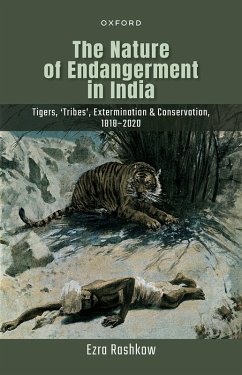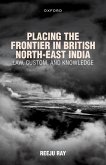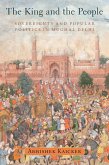Perhaps no category of people on earth has been perceived as more endangered, nor subjected to more conservation efforts, than indigenous peoples. And in India, calls for the conservation of Adivasi culture have often reached a fever pitch, especially amongst urban middle-class activists and global civil society groups. But are India's 'tribes' really endangered? Do they face extinction? And is this threat somehow comparable to the threat of extinction facing tigers and other wildlife? Combining years of fieldwork and archival research with rigorous theoretical interrogations, this book examines fears of interlinking biological and cultural (or biocultural) diversity loss-particularly in regard to Bhil and Gond communities facing conservation and development-induced displacement in western and central India. It also problematizes the frequent usage of dehumanizing animal analogies that carelessly equate the fates of endangered species and societies. In doing so, it offers a global intellectual history of the concepts of endangerment and extinction, demonstrating that anxieties over tribal extinction existed long before there was even scientific awareness of the extinction of non-human species. The book is not a history or an ethnography of the tribes of India, but rather a history of discourses-including Adivasis' own-about what is often perceived to be the fundamental question for nearly all indigenous peoples in the modern world: the question of survival.
Dieser Download kann aus rechtlichen Gründen nur mit Rechnungsadresse in A, B, BG, CY, CZ, D, DK, EW, E, FIN, F, GR, HR, H, IRL, I, LT, L, LR, M, NL, PL, P, R, S, SLO, SK ausgeliefert werden.









